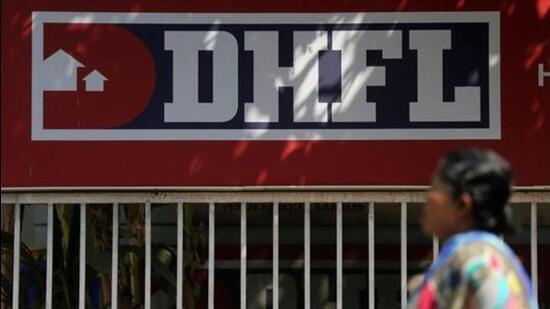
11 Accused in ₹34,000 Crore Bank Fraud Case Turn Approver for CBI: Report
The Central Bureau of Investigation (CBI) has received a significant boost in its efforts to crack the ₹34,000 crore bank fraud case involving DHFL, a leading non-banking financial company (NBFC). According to a recent report by Hindustan Times, 11 accused in the case have turned approver for the CBI and have been granted pardon. This development is expected to significantly strengthen the CBI’s case against the DHFL promoters, Kapil and Dheeraj Wadhawan, who are facing charges of fraud, cheating, and other financial irregularities.
The report suggests that the 11 accused, who were part of the 40 individuals accused in the case, have decided to cooperate with the CBI and have been granted pardon in exchange for their testimony. The accused, who were previously facing trial, have reportedly claimed that they want to disclose facts regarding the fraud and have given statements to the CBI.
The development is significant because it provides the CBI with a valuable source of information and evidence to build a strong case against the accused, including the DHFL promoters. The approvers can provide crucial details about the fraudulent activities, including the modus operandi, the amount of money involved, and the role of other accused individuals.
The CBI has been investigating the case for several years and has already filed a chargesheet against the accused. However, the agency has faced challenges in gathering evidence and building a strong case due to the complexity of the fraud and the lack of cooperation from some of the accused.
The DHFL fraud case is one of the largest bank fraud cases in India, involving the misuse of funds from a consortium of 21 banks, including the State Bank of India, Bank of Baroda, and Union Bank of India, among others. The accused are alleged to have siphoned off funds from the banks and used them for personal gain, including buying luxury properties and businesses.
The CBI’s investigation has revealed that the DHFL promoters had allegedly used shell companies and fake invoices to launder money and siphon off funds from the banks. The agency has also found that the accused had allegedly manipulated financial statements and concealed the true nature of their transactions to avoid detection by the banks and regulatory authorities.
The turning of the 11 accused into approvers is a significant development in the case, as it provides the CBI with a window of opportunity to gather evidence and build a strong case against the accused. The approvers can provide crucial information about the fraudulent activities, including the involvement of other accused individuals and the extent of the fraud.
In a statement, the CBI officials said that the agency can now use these approvers to make a strong case against the DHFL promoters and other accused individuals. The officials said that the approvers have provided statements and have cooperated with the agency’s investigation, and that their testimony will be crucial in building a strong case against the accused.
The development is also significant because it sends a strong message to other accused individuals in the case that cooperating with the investigation can lead to lenient treatment. It is likely to encourage other accused individuals to turn approvers and cooperate with the investigation, which could lead to a faster resolution of the case.
The DHFL fraud case has significant implications for the Indian banking system and the economy as a whole. The case has highlighted the need for better regulation and oversight of NBFCs and the need for greater transparency and accountability in financial transactions.
In conclusion, the turning of 11 accused individuals into approvers for the CBI in the DHFL bank fraud case is a significant development that has the potential to strengthen the agency’s case against the accused. The approvers can provide crucial information and evidence, which could lead to a faster resolution of the case and bring the accused to justice. The case serves as a reminder of the need for greater transparency and accountability in financial transactions and highlights the need for better regulation and oversight of NBFCs.
Source:






